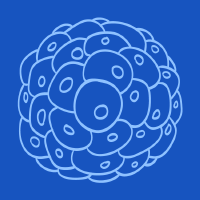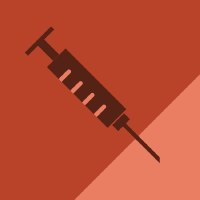Topic Menu
► Topic MenuTopic Editors


Research Progress of Gynecological Tumor Immunotherapy
Topic Information
Dear Colleagues,
Gynecologic malignancies include cervical cancer, uterine cancer, ovarian cancer, vaginal cancer, and vulvar cancer, which have a poor prognosis in advanced or recurrent cases, and new treatment strategies are strongly needed. Immune therapy including, but not limited to, the immune checkpoint inhibitors, adoptive cell transfer, therapeutic vaccines, and cytokine treatment, have provided many clinical responses against a wide range of tumor types. As for gynecological cancers, cervical cancer is closely linked to the persistent infection of carcinogenic HPV, which express viral oncogenes, causing the enhancement of genomic instability. Endometrial cancer is the most common with abnormalities in the DNA mismatch repair gene. These genetic abnormalities cause frequent mutations in many genes, resulting in the production of neoantigens. Since some types of gynecological cancers are considered to be highly immunogenic, immunotherapy is expected to be highly effective. Another pressing need is that despite the large number of mutations observed in different types of gynecological carcinomas, only a few mutations can be targeted for therapy. New methods to screen a bulk of mutated genes and accurately link them to highly effective immunotherapies could be a promising breakthrough in gynecologic cancers. This Special Issue welcomes manuscripts addressing any studies involving immunotherapy research in gynecological cancers. We are excitedly inviting you and your colleagues to submit your works regarding immunotherapies for gynecological cancers in all their diversity, covering both basic and (pre-)clinical aspects; comprehensive reviews outlining an overview of the currently available knowledge; and novel findings advancing our knowledge to improve the treatment of gynecologic cancers.
Dr. Takashi Iwata
Dr. Simon Chu
Dr. Guanliang Chen
Topic Editors
Keywords
- gynecological cancers
- immunotherapy
- immune checkpoint inhibitors
- adoptive cell transfer
- therapeutic vaccines
- cytokine treatment
Participating Journals
| Journal Name | Impact Factor | CiteScore | Launched Year | First Decision (median) | APC |
|---|---|---|---|---|---|

Biology
|
4.2 | 4.0 | 2012 | 18.7 Days | CHF 2700 |

Cancers
|
5.2 | 7.4 | 2009 | 17.9 Days | CHF 2900 |

Cells
|
6.0 | 9.0 | 2012 | 16.6 Days | CHF 2700 |

Current Oncology
|
2.6 | 2.6 | 1994 | 18 Days | CHF 2200 |

Immuno
|
- | - | 2021 | 20.7 Days | CHF 1000 |

Vaccines
|
7.8 | 7.0 | 2013 | 19.2 Days | CHF 2700 |

MDPI Topics is cooperating with Preprints.org and has built a direct connection between MDPI journals and Preprints.org. Authors are encouraged to enjoy the benefits by posting a preprint at Preprints.org prior to publication:
- Immediately share your ideas ahead of publication and establish your research priority;
- Protect your idea from being stolen with this time-stamped preprint article;
- Enhance the exposure and impact of your research;
- Receive feedback from your peers in advance;
- Have it indexed in Web of Science (Preprint Citation Index), Google Scholar, Crossref, SHARE, PrePubMed, Scilit and Europe PMC.

